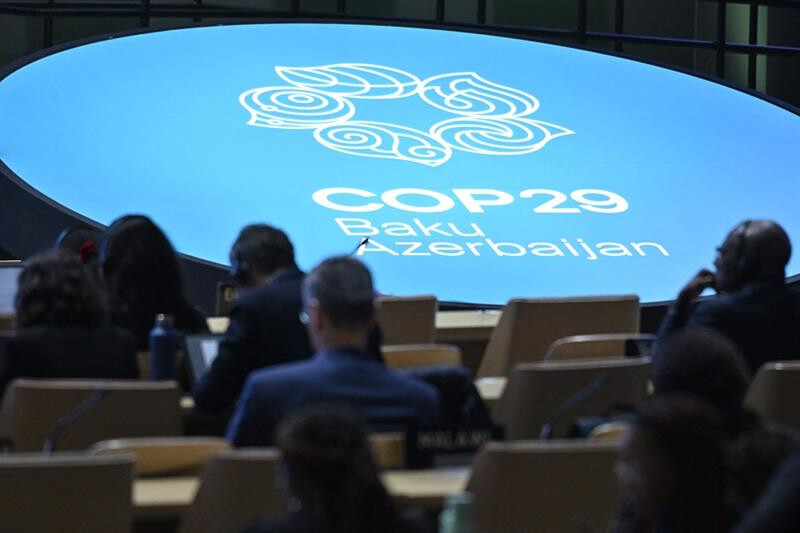
Baku, Azerbaijan – Minister of Environment Yasmine Fouad emphasized the urgent need for increased technical and financial resources, as well as enhanced coordination among stakeholders, to effectively address climate adaptation.
Speaking at the COP29 Climate Change Conference, Fouad highlighted the significant financial burden that climate change impacts and response plans place on state budgets, particularly in developing nations. According to the 2023 report by the United Nations Economic Commission for Africa, climate change is projected to cost African countries nearly 5% of their GDP annually.
The minister further noted that the total cost of adaptation to climate change could exceed $300 billion annually by 2030. She stressed the importance of elevating adaptation within policy frameworks and integrating it with specific, measurable goals and sufficient financing to reduce loss and damage costs.
Financial Challenges and International Support
Prime Minister Mostafa Madbouly echoed these concerns, highlighting the financial challenges faced by developing nations in implementing the climate agenda. He urged developed nations to lead in climate funding to prevent debt burdens on vulnerable economies.
The Green Climate Fund (GCF) and Adaptation Fund have been instrumental in providing support to developing countries. However, limited resources hinder their ability to scale successful projects. Recently, the GCF approved $2.687 billion to finance three major greening projects benefiting Egypt and other Global South countries.
COP29: A Pivotal Moment
COP29 presents a crucial opportunity to significantly advance climate adaptation by establishing strong, time-bound commitments to bridge the adaptation financing gap in developing countries. By addressing the financial and technical challenges, nations can work together to build a more resilient future.
[Copyright (c) Global Economic Times. All Rights Reserved.]






























